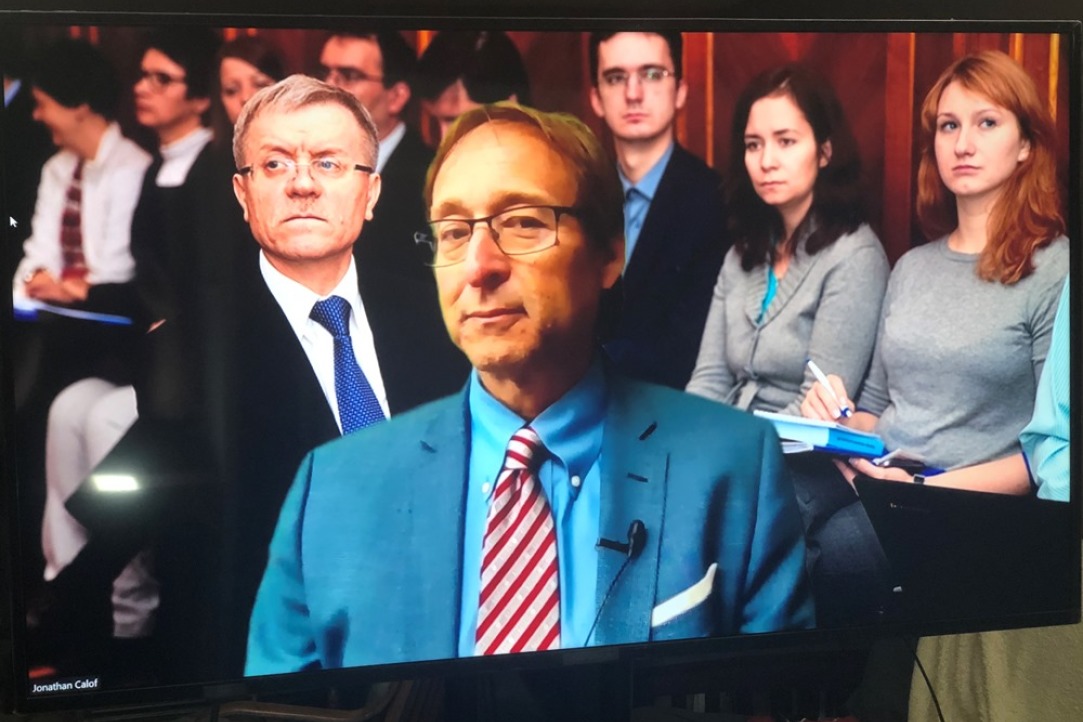Tag "professors"


Read the interview with HSE Rector about HSE's development strategy, learn more about new tenure-track faculty members and their research, and get inspired to explore surroundings of Myasnitskaya and Pokrovka in the new issue of The HSE Look!
HSE University is famous for not only its various locations throughout Moscow, but also its regional campuses in three other major Russian cities. We are delighted to tell you about HSE’s second youngest campus in Perm through an interview with its Director, Galina Volodina.


In October, the International Laboratory on World Order Studies and the New Regionalism hosted a research seminar in which Dr. Glenn Diesen, Professor in the Faculty of World Economy and International Affairs at HSE, presented a recent paper entitled ‘Geoeconomics in the Fourth Industrial Revolution: The Restructuring of Global Value Chains.’ The discussion centred on how technology has become increasingly important for competitiveness in global value chains. This subsequently incentivizes government support for technological development as the main tool for Great Power rivalry, which can be seen in the cooperation between Western governments and corporations over the past several decades to develop technological leadership with high-value activities and concurrently engineer hierarchically-structured global value chains.
Geography of HSE University provides ample opportunities to experience and learn about nearly half of the country, and without understanding each of the campuses with their unique features there is no way to fully understand the idea of HSE on the whole. Last year The HSE Look began a series of articles focusing in-depth on each campus, starting with HSE St. Petersburg (see October 2017 issue), university’s 2nd largest campus, and we would like to continue the series with devoting the summer issue to HSE Nizhniy Novgorod. While being unmistakably a part of HSE University, each campus reflects the unique features of its region, and the readers can learn more about it in an interview with campus Director Valery Zusman. In this issue we also talk more about education programmes at HSE Nizhniy Novgorod with Deputy Director Anna Blyakhman, get an inside look into the work of the Laboratory of Algorithms and Technologies for Networks Analysis with its head Valery Kalyagin, and travel to discover different Russias with Victor Albert, one of HSE’s international faculty members.
